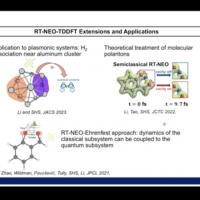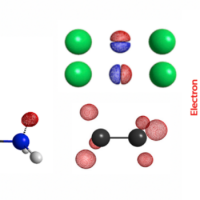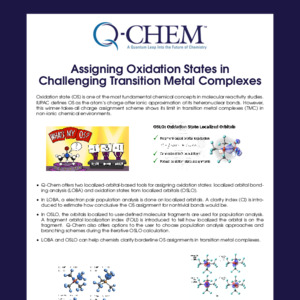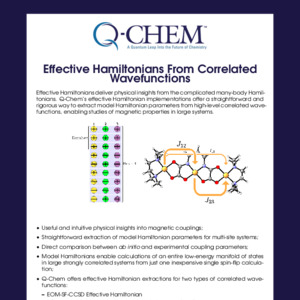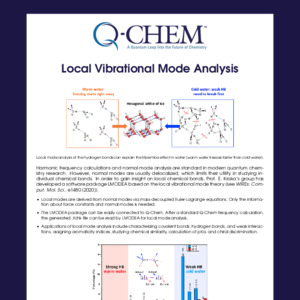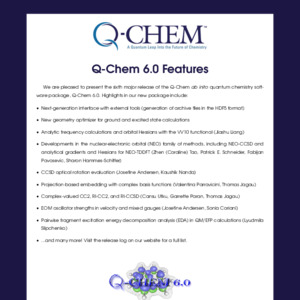Q-Chem Webinar 65
Non-Hermitian quantum chemistry methods in Q-Chem
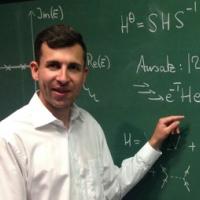
Thomas Christian Jagau is an Associate Professor of Theoretical Chemistry at KU Leuven. He obtained his PhD in 2013 from the University of Mainz working on multireference coupled-cluster theory under the supervision of Jürgen Gauss. He then joined the University of Southern California where he started working on electronic resonances under the supervision of Anna Krylov. In 2015, he started his independent research career at the University of Munich before joining the faculty of KU Leuven in 2020.
Abstract
Traditionally, chemistry has focused on processes in which all electrons remain bound to the nuclei. However, state-of-the-art experiments often create environments where this is not the case: Core vacancies produced by X rays, temporary anions obtained by attachment of slow electrons, and molecules exposed to quasistatic laser fields all undergo electronic decay. The short-lived electronic resonances that govern electronic decay processes are difficult to describe because of the coupling to the continuum. However, an elegant treatment of resonances is possible using non-Hermitian quantum chemistry. Here, resonances are described as discrete states with complex energies. Q-Chem is the only major program package that offers complex-energy techniques for the treatment of electronic resonances. In the webinar, I will review the underlying theory, discuss the program’s capabilities, and present some illustrative applications to different types of resonances.
